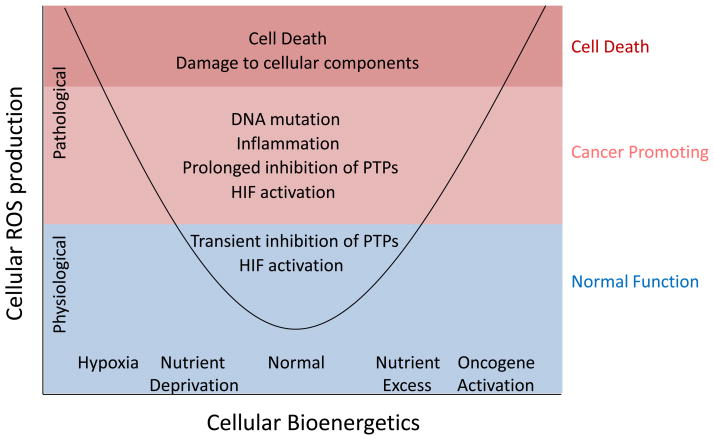Figure 1. Both nutrient deficiency and nutrient excess can cause cellular stress.
Mitochondrial ROS production from the electron transport chain increases in response to either hypoxia or oncogene activation and nutrient excess. Other mitochondrial sources of ROS such as proline oxidase are also involved in stress responses. At low levels, ROS production is critical for normal physiological processes, such as proliferation and differentiation, through regulation of signaling. At higher levels, ROS can induce changes that promote the development of cancer, such as mutation of DNA, prolonged signaling, and activation of inflammatory pathways. High levels of ROS can also lead to irreversible damage to cellular components and cell death.

